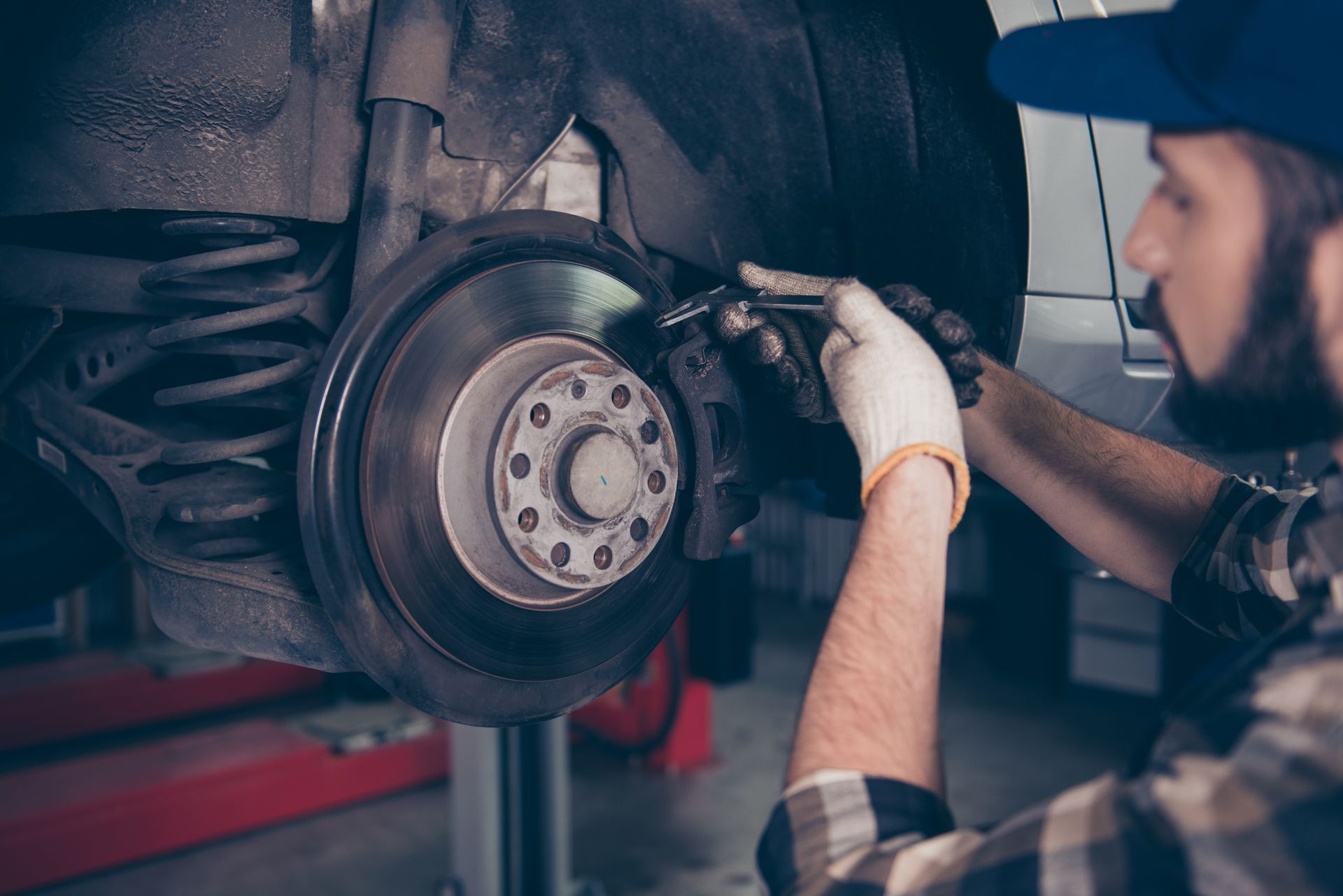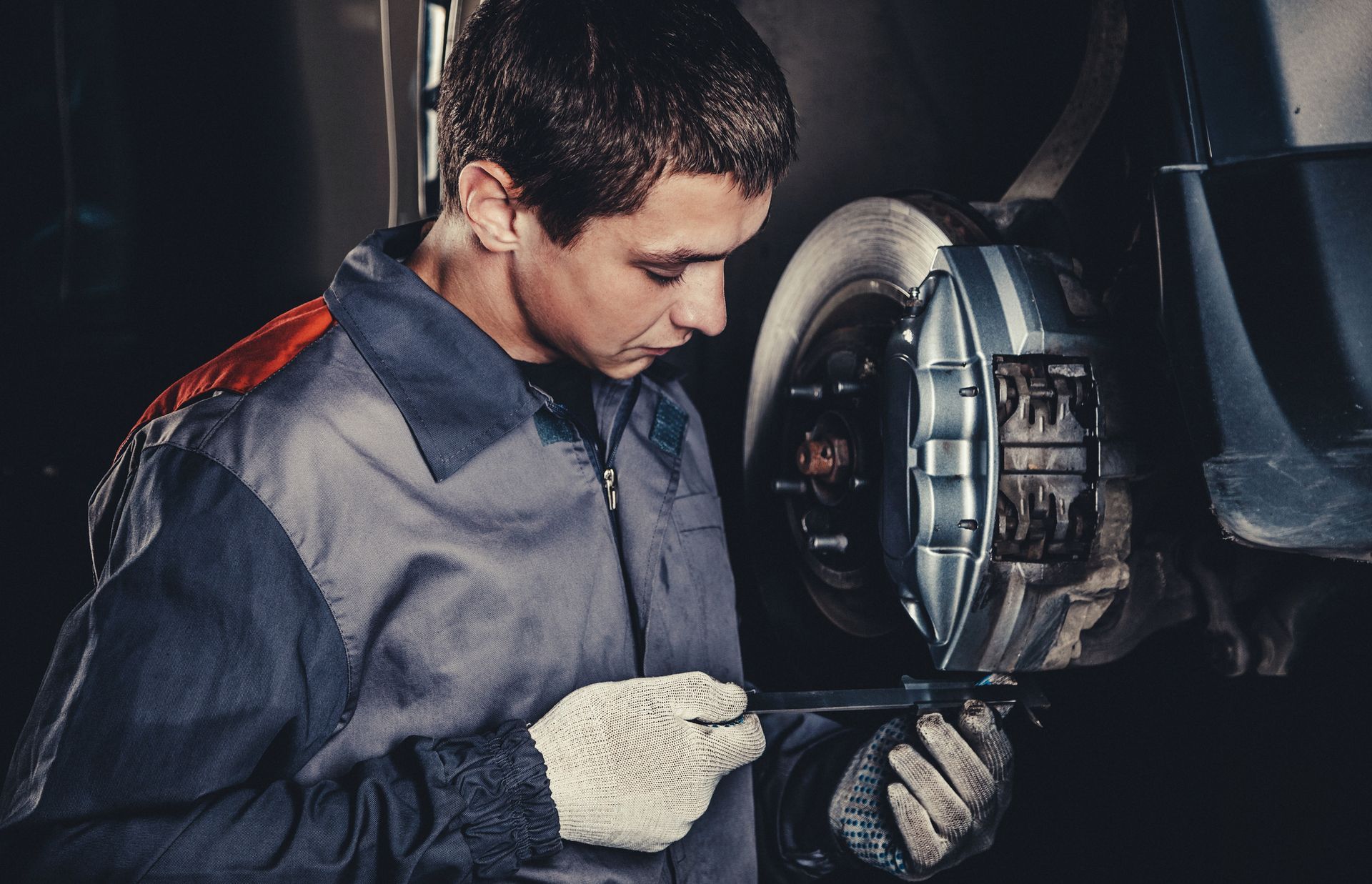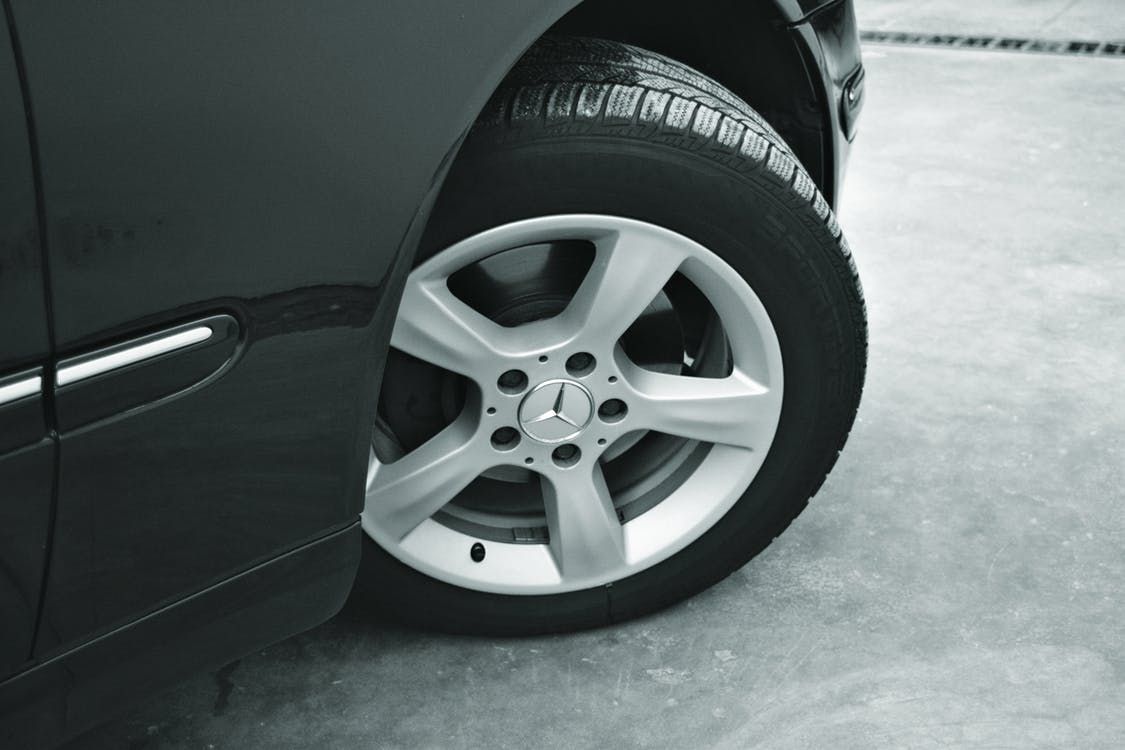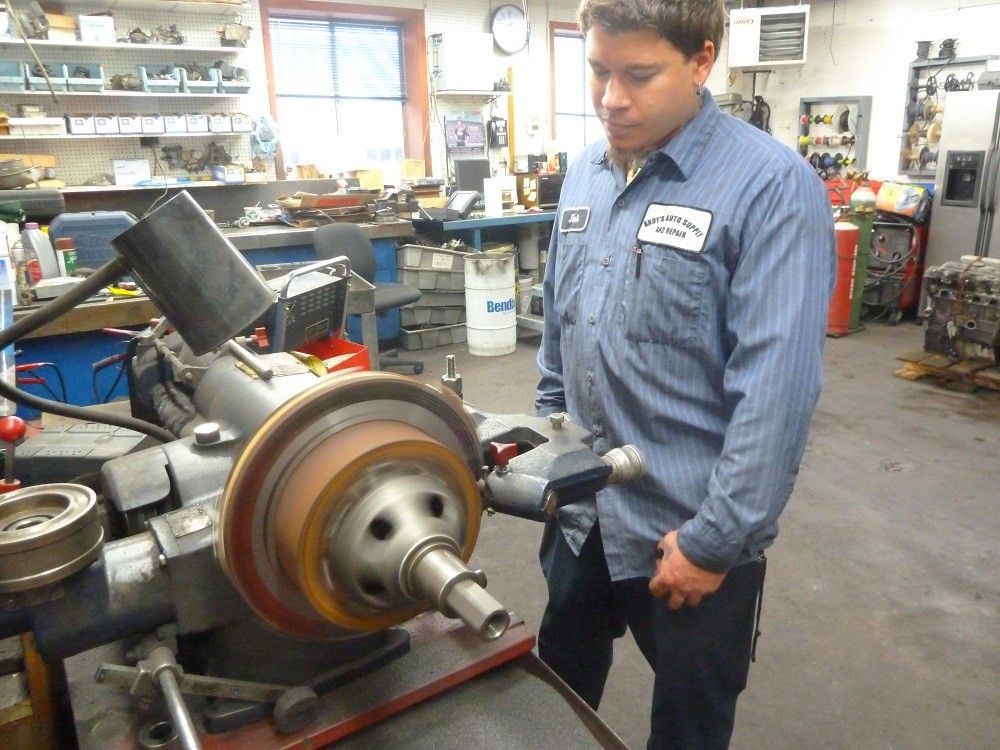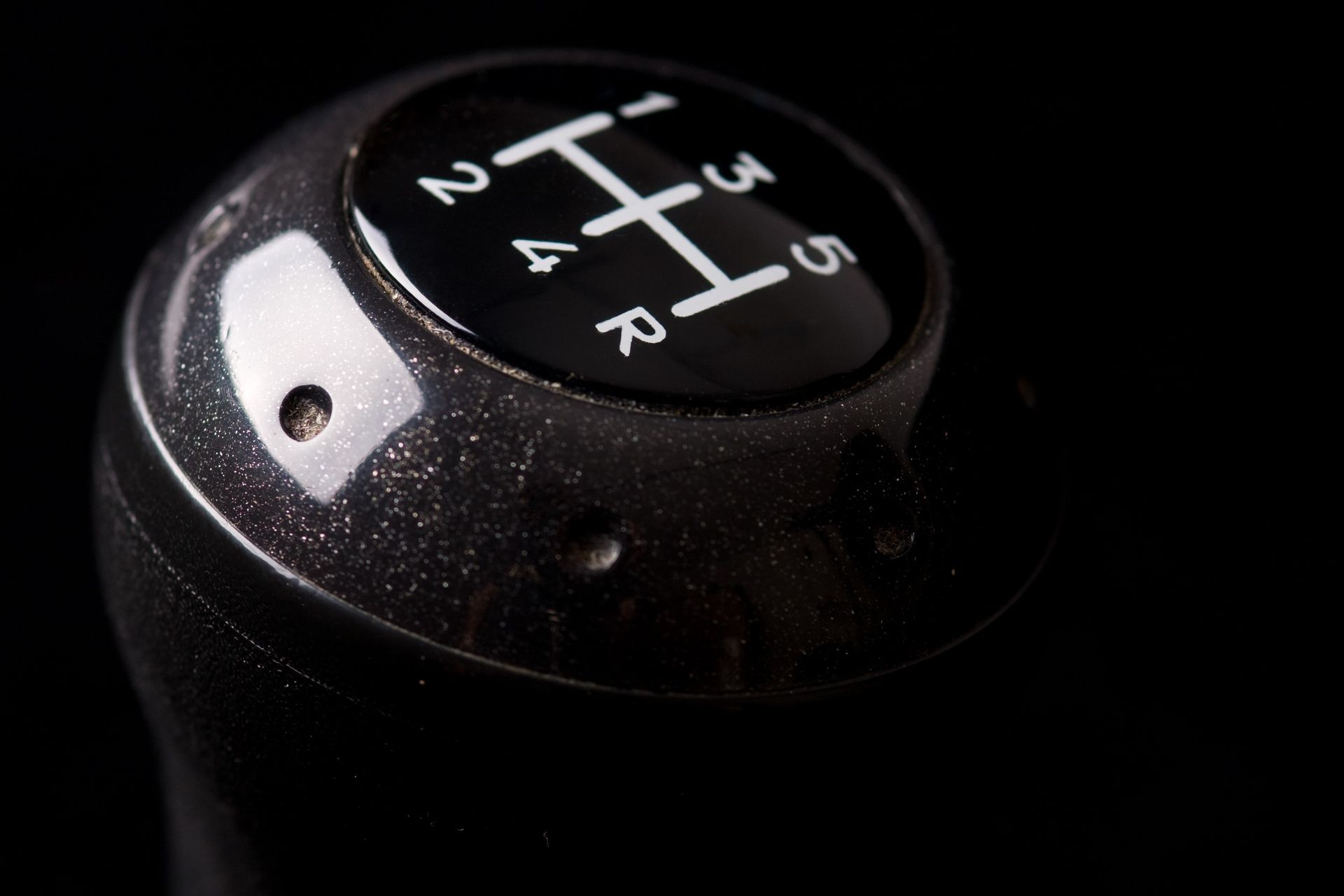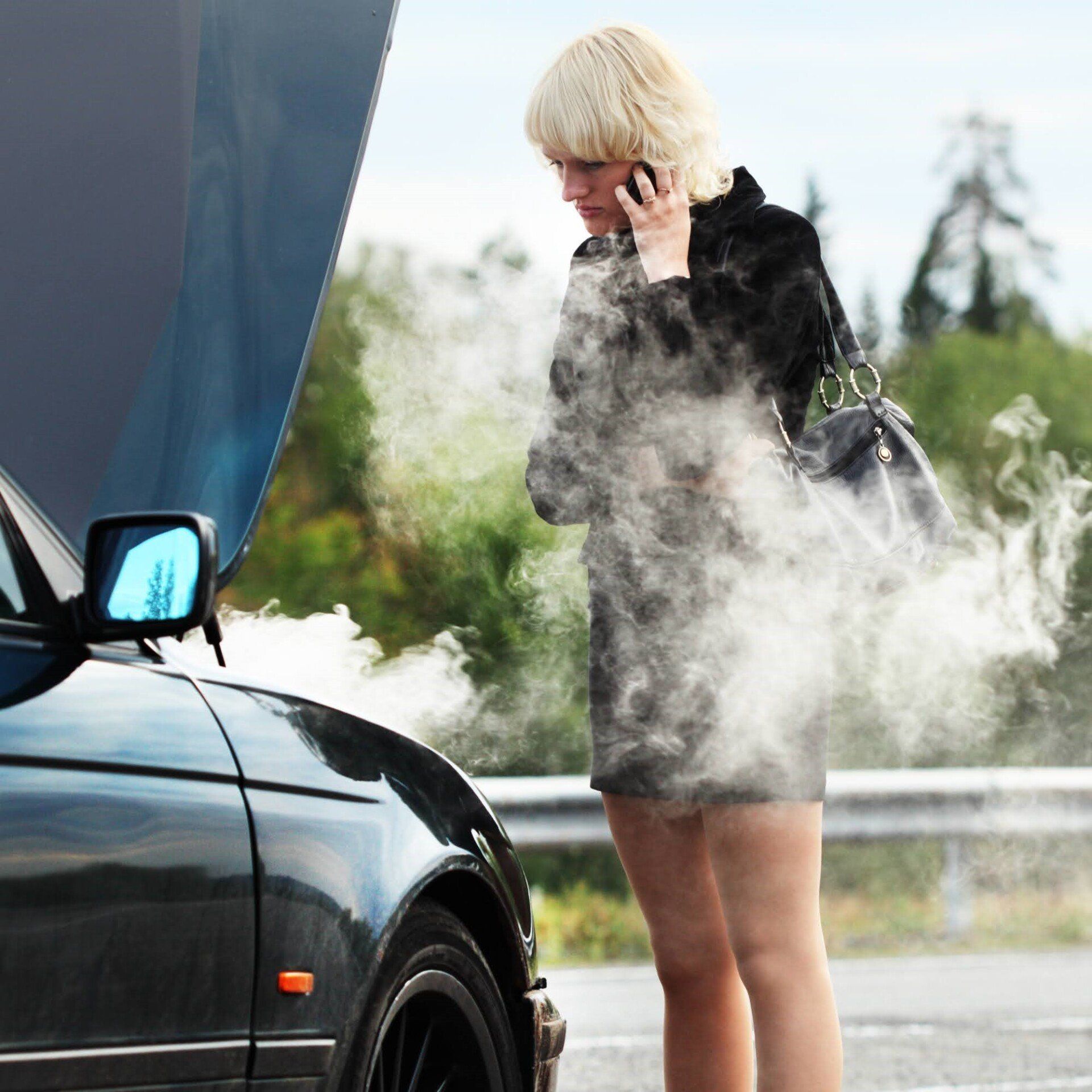3 Reasons Why Your Clutch Pedal Vibrates

Your clutch pedal should work smoothly and evenly. However, problems in your system can change the way the pedal operates. For example, clutch pedals sometimes feel different when you use them. They feel like they are vibrating, pulsing or juddering.
Why do clutch pedals act this way?
1. YOU HAVE AN ALIGNMENT PROBLEM
Your clutch pedal can only work smoothly if all the parts of its system are in exactly the right positions. They need to connect together seamlessly. If a part has moved and become misaligned, then your clutch operation becomes jerkier, and you're likely to feel vibrations in the pedal.
For example, your clutch uses a disc and flywheel to create the friction necessary to control power to the engine, transmission and gears. The disc and flywheel rotate but should stay steady. If these parts aren't in the right position, then the clutch can't engage smoothly. It puts uneven pressure on them which makes them vibrate. These vibrations then pass through the system to your pedal.
Sometimes, vibration also comes from the throw-out bearing which controls the clutch's engagement and disengagement. If this bearing isn't in the right place, it can't create even pressure against the clutch disc. Again, if the disc vibrates, you'll feel it in your pedal.
You also sometimes feel vibrations when you have a transmission problem. If you've recently had work done on your transmission and it wasn't put back in perfect alignment with your engine, then you can feel this error when you use your clutch.
If you have these problems, then check that all your clutch parts are in the right place and in good working order. If you have a transmission problem, then it might need an adjustment.
2. YOUR CLUTCH DISC OR FLYWHEEL IS DAMAGED
Both your clutch disc and flywheel should have flat and even surfaces. However, these parts sometimes change shape or become contaminated.
For example, both the disc and the flywheel can warp as they age or if they get damaged. Discs sometimes lose their shape and friction if they overheat too much and too often. If these parts lose their shape, then they wobble about as they turn. Your clutch can't get a completely engaged grip on them. It jolts about and sends vibrations through to your pedal.
Surface contamination from dirt or oil can also be a problem here. For example, if you have an oil leak in your system, then oil can get on the disc or flywheel. The oil affects the way your system engages with these parts. It might cause slippage and a lack of grip that makes your pedal vibrate or judder.
Wear can also affect the smooth surface of flywheels. They become uneven and rough as they are used.
If your clutch disc or flywheel has warped, then you might need to replace it. If you have a wear problem on a flywheel, then you might be able to grind it off to restore a smooth surface.
3. YOU HAVE A PROBLEM WITH A CLUTCH SPRING
Clutches use springs to apply pressure and to control torsion in your system. They also have a cushioning effect. For example, a diaphragm spring controls pressure on the clutch disc when it moves on to the flywheel.
Springs can break, wear or get damaged. Older springs sometimes just lose their own tension and become too flexible or too inflexible. If this happens, then you lose pressure control in your clutch. You won't have smooth engagement with parts like your flywheel, and you'll get vibrations in the system.
Typically, you have to replace problem springs. Once you put in a new one, you should lose the vibrations.
To find out where your clutch vibration problem comes from, call Stopmaster Brakes. As well as diagnosing, fixing and replacing clutches, we also offer a flywheel grinding service if you need it.

